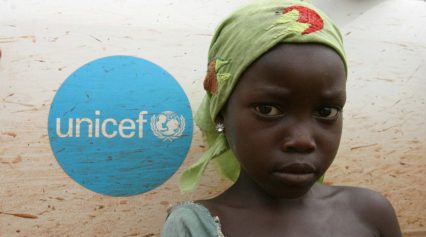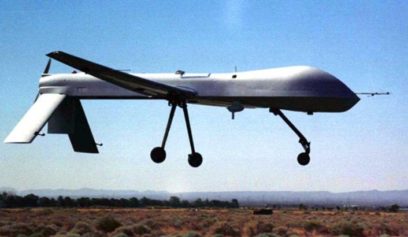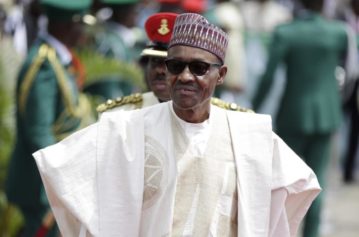Boko Haram – “Western education is sacrilege.” That is the direct translation of Nigerian Islamic extremist group Boko Haram’s name. The group has handcuffed the northern half of the region with increasingly violent attacks and is on the brink of being declared as a terrorist organization by the United States. Since 2010, Boko Haram has become a legitimate threat to the most populated country in Africa, and is forcing the world to take notice.
Over 1,000 deaths have been linked to Boko Haram’s activities since the beginning of 2011, as the group continues its efforts to overthrow the Nigerian government and establish Islamic law in the nation. Suicide bombings have become a regular method of attack for the group, including a car bombing that struck a United Nations building in the Nigerian capital of Abuja last August that left 25 dead. The group recently issued a warning to all Christians living in the northern region, prompting many to flee to the Christian-dominated south.
Boko Haram was founded in 2002 by Mohammed Yosuf, a spiritual leader who preached against the teachings of the Western world. For its first seven years the group operated peacefully, until rumors of its members stockpiling weapons thrust it into direct conflict with the Nigerian government. Members of Boko Haram were forcibly apprehended in Bauchi during July 2009, Yosuf among them. He was later killed in what was believed to be an escape attempt from prison. Almost a year later, Boko Haram staged a prison break in Bauchi, freeing over 700 prisoners. It was the first attack in the current wave that has rocked Nigeria.
Many believe that Boko Haram has been re-indoctrinated following the death of its leader, finding heavy influence from al-Qaeda related groups. The insurgents have since been supplied with explosives and arms, originating from eastern regions. Libya is thought to be the source of many of these illegal weapons, following the fall of Moammar Kadafi. Boko Haram has placed itself directly at odds with the Nigerian government, announcing that they would “devour” President Goodluck Jonathan. Jonathan claimed earlier this year that the extremist group would be eliminated by the middle of this year.
Religious conflict has been a common occurrence in Nigeria’s past, but increased regional division could heighten internal tensions even further. The U.S. has expressed growing concerns that Boko Haram could pose a threat to American interests in the region, or the States directly. Nigeria is one of the few African countries with regular flights directly to the U.S. Meanwhile, some Nigerians believe that Boko Haram is a product of the CIA, secretly funded to create unrest in Northern Nigeria.
As of now, Nigeria does not seem to be sure how it will handle the extremist group. Serious military action against a group consisting of civilians could lead to even further division or even a civil war.


